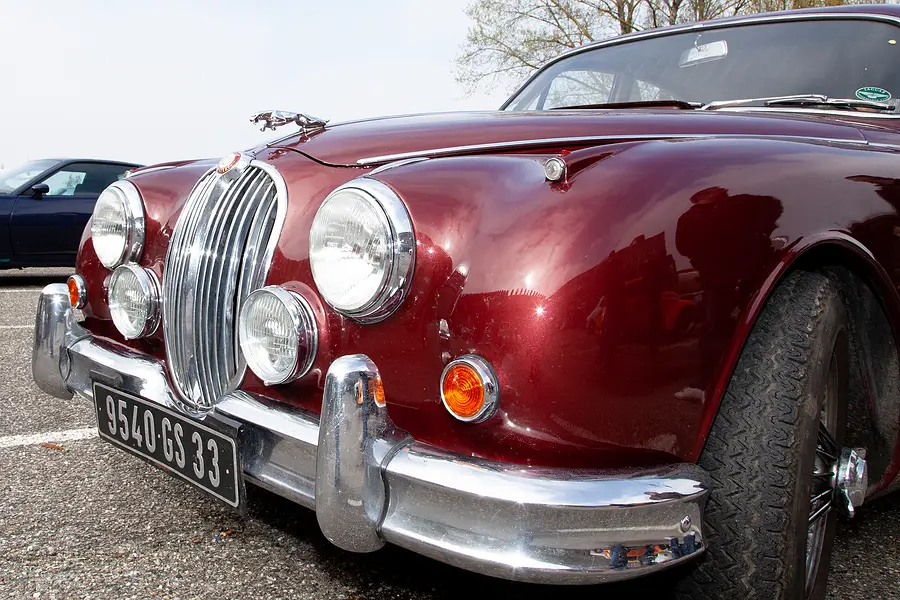Owning an antique car is a dream come true. There’s something special about owning a piece of automotive history, but it also comes with some responsibility. Find out what you need to know to meet the demands of ownership while also enjoying your vehicle. Don’t forget to purchase an antique auto insurance policy for your car as well to have the best insurance coverage.
1. Protect It From the Weather
You don’t want your antique car to succumb to the elements, so store it when you aren’t showing it off or using it. A brick garage is the best place to store the vehicle, but if that’s not possible, you can put it in a precast concrete garage. You can store it outdoors as a last resort, but make sure your antique car is covered. Use a purpose-built car cover for maximum protection when keeping it outdoors. Otherwise, the elements could get under the covering and harm the vehicle.
2. Run It at Least Once a Month
You might only want to take your classic car out for special occasions, but that’s a mistake. Fire up your antique car at least once a month to prevent the rubber components and seals from drying up, the metal components from eroding, and the battery from draining. This simple trick can keep your antique car in good working condition for years to come. Plus, you’ll enjoy driving your car around town. It really is a treat.
3. Know the Limits
If you register your vehicle as an antique car, you might be subjected to certain limits and restrictions. Some states have strict regulations regarding how often and where you can drive antique cars. You might be limited to parades, club activities, trips to the mechanic, and some pleasure driving. Other states allow owners to drive antique vehicles as often as they want. Check with your DMV to learn the restrictions before registering your vehicle as an antique. If the limits are too much to bear, you have the option of registering your vehicle as a standard car. Then you can drive it as often as you want.
4. Register Your Vehicle As an Antique to Avoid Emissions and Safety Requirements
While you might not like your state’s restrictions for registered antique cars, registration does have its benefits. Most states wave safety and emissions requirements for vehicles registered as antiques or classics. That’s great news since you’d have to add aftermarket features to meet the requirements. Your vehicle wouldn’t be the same with those new features, and it could lose value. Plus, you’d have to sink a lot of money into the aftermarket features, and then you’d have to worry about maintaining those new parts. It’s a massive headache that most antique car owners prefer to avoid.
5. Antique Car Insurance Often Has Special Requirements
When you purchase antique car insurance, the company might require that you meet special requirements. Limited use is a common requirement. This means that you can only drive the vehicle on a limited basis. You will likely receive a mileage limit. Also, there might be a condition requirement that states the vehicle must be restored and maintained. Finally, the company might have storage requirements in place. If you don’t have a secured garage, you might have trouble finding insurance.
Embrace Antique Car Ownership
Now you are ready to embrace owning an antique car. You’ll love practically every minute of ownership, whether you are hanging out at car shows or driving around your neighborhood. Even walking over to the garage and looking at your antique car is fun. While there is some responsibility involved, it’s well worth it in the long run when you consider the amount of joy you’ll have.



